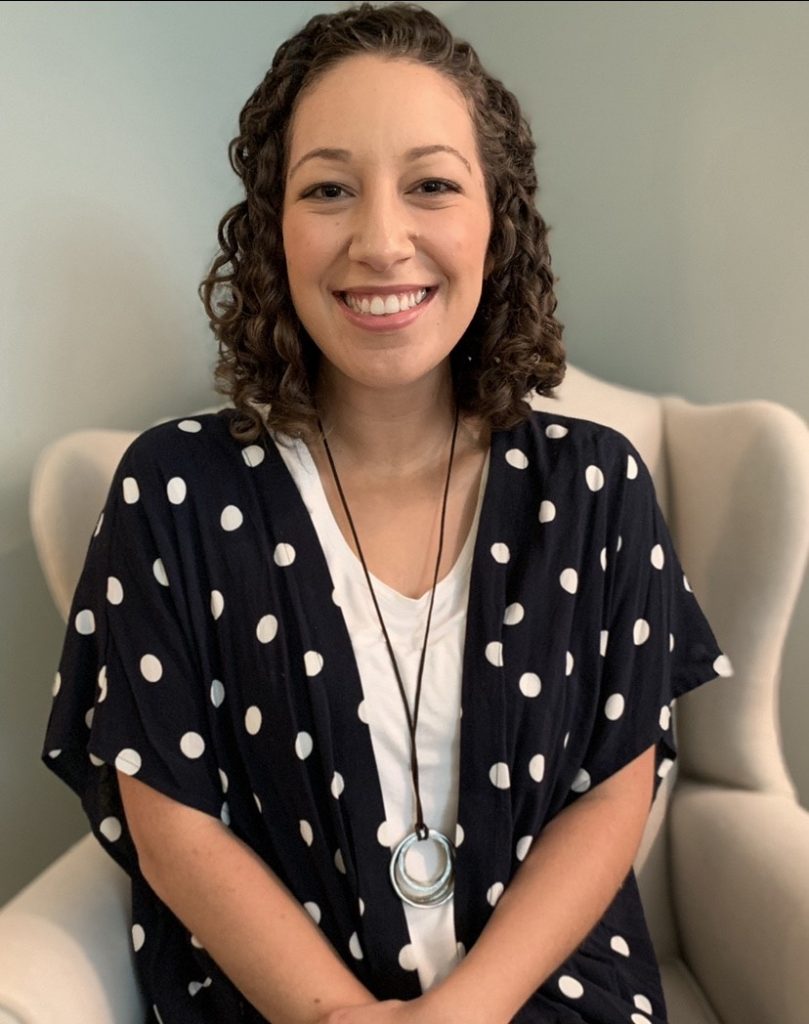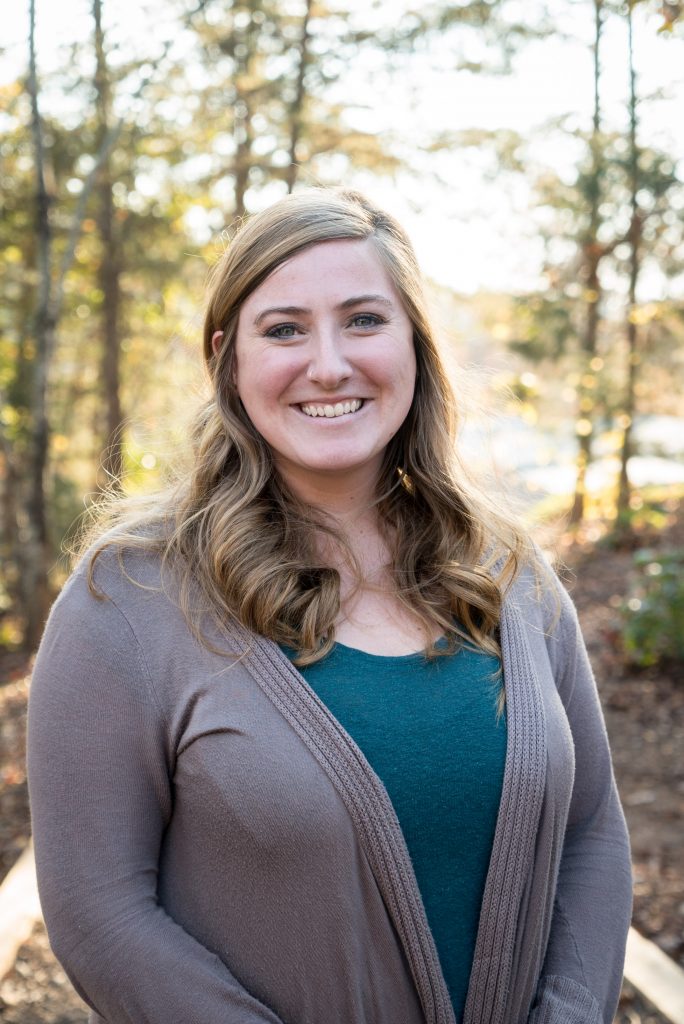
Child and Adolescent Therapy Services
At our center, we understand the unique challenges faced by children and adolescents as they navigate the complexities of growing up. We offer a comforting and tranquil environment where our young clients can engage in therapeutic activities designed specifically for their needs.
Play Therapy for Young Children
Children under the age of 12 can greatly benefit from Play Therapy. This form of therapy provides a safe and supportive space for children to express their thoughts and emotions through play, which is their natural way of communicating. With a variety of play therapy tools at our disposal, including art supplies, toys, and games, we facilitate an interactive process to help your child explore their inner world.
Therapy for Preteens
As children approach their teenage years, their capacity for self-expression and understanding deepens. Preteens may find value in more traditional talk therapy sessions, especially if they demonstrate a level of maturity that allows for deeper verbal communication. Our therapists assess each child’s readiness and can personalize the approach to therapy, whether it remains play-based or transitions to conversations.
With our dedicated team of specialists, your child or adolescent is provided with the care and attention needed to thrive emotionally. Encouraging growth, healing, and self-discovery, we are here to support them every step of the way.
Therapy for Children
Play therapy represents a beacon for many children who struggle to articulate their emotions and experiences in the world around them. It’s an enchanting space that offers more than just treatment; it’s a haven of comfort designed to disarm fear and foster expression. In this nurturing environment, youngsters find the buoyancy to tread through their inner complexities.
The Healing Power of Play
Our play therapy room is designed to be both joyful and soothing, creating a sanctuary where children feel free to explore and express their feelings without judgment. It’s a place shaped by imagination and acceptance. Here, toys become tools, and play becomes the language through which children can safely unlock and articulate their emotions.
Safety in Expression with Trained Therapists
Our trained play therapists are the compassionate architects of these therapeutic sessions. They understand the intricate nuances of children’s non-verbal cues and are skilled at creating a rapport that invites trust and openness. Their expertise ensures that counseling is perceived not as an intrusion, but as a welcome journey to understanding.
Our Therapists who Work with Children:
Addressing Diverse Treatment Needs
Whether a child is grappling with anxiety, facing the riddles of ADHD, or unpacking the layers of more complex emotional disturbances, play therapy can be tailored to meet a range of treatment needs. Some of the specific issues our play therapists address include:
- Emotional and behavioral issues
- Trauma and loss
- Developmental and learning disabilities
- Family and social relationships
- Self-esteem and identity
The purpose of play therapy is multifaceted. It helps children:
- Communicate at their own level: Children might not be able to process their emotions or articulate their experiences as adults do. Play is a natural activity of learning for children and it’s used in therapy to allow them a comfortable form of self-expression.
- Learn social skills: Interacting with others during play sessions can help develop respect for others, learn to share, take turns, and other essential interpersonal skills.
- Explore emotions: Through play, children can explore their feelings and learn to deal with complex emotions like anger, sadness, or worry.
- Problem-solving: Play allows children to work through difficult experiences and find solutions to challenges they face in life.
Types of play therapy include:
- Directive Play Therapy: Here, the therapist provides more structure and might suggest specific activities to help the child express themselves and develop coping mechanisms.
- Non-Directive Play Therapy: In this method, the child leads the play and the therapist follows, often without interpretation or interference, allowing the child’s leading thoughts and actions to inform the session.
The transformative experience of play therapy facilitates emotional healing within the joyful bounds of play. “Through it, children gain the resilience and tools necessary to navigate life’s hurdles, not alone but accompanied by understanding and support.”
Understanding Child Psychotherapy
Child psychotherapy differs significantly from adult therapy in methods and approach due to the developmental stages of children. It involves age-appropriate communication and an understanding of child psychology to address issues such as trauma, depression, anxiety, and behavioral problems.
For parents and guardians, understanding the merits and processes of play therapy can be crucial in supporting a child’s journey towards healing and psychological well-being.
Play therapy is a cornerstone of child psychotherapy. Through play, therapists can create a safe and supportive environment for children to express their thoughts and feelings without the pressure of conventional conversation. This mode of therapy is particularly effective for those who may not yet have the verbal skills to articulate complex emotions.Parents and guardians can significantly influence the success of play therapy and, more broadly, their child’s mental health journey.
Benefits of Child Psychotherapy
- Emotional Expression: It provides a vital outlet for expressing and processing complex emotions.
- Behavioral Improvements: Therapy can contribute to better behavior at home and in school.
- Coping Skills: Children learn valuable coping mechanisms for managing stress and anxiety.
- Resilience: Psychotherapy can strengthen a child’s resilience and adaptability to change.
The Role of Parents in Play Therapy
Supporting the Process:
Parents should maintain a supportive attitude toward the therapy process. This includes being patient, showing interest in the child’s participation without forcing engagement, and respecting the therapeutic space.
Open Communication:
Effective communication with the therapist is crucial. Parents are encouraged to share observations, insights, and concerns, which can provide invaluable information to the therapist.
Consistency and Routine:
Maintain consistency with appointments and routines. Children feel secure when their schedules are predictable, which can contribute positively to their therapy experience.
Implementing Strategies at Home:
Therapists may suggest strategies or activities to be continued at home. Parents’ commitment to these can reinforce what is learned during sessions and integrate therapeutic goals into daily life.
Modeling Appropriate Behavior:
Children learn by imitation. Parents should model healthy emotion regulation and adaptive coping strategies.
Educational Involvement:
Parents should inform themselves about the principles and practices of play therapy to better understand the child’s experiences and progress.
Privacy and Confidentiality:
Respect for the child’s privacy is vital. While therapists may share themes or progress, specific details of what occurs during play should remain confidential to preserve the therapeutic alliance.
Encouraging Expression:
Provide a safe space for children to express their emotions and thoughts at home, mirroring the acceptance they feel during therapy sessions.
Collaborating on Goals:
Parents and therapists should work collaboratively to set and revise goals for the child’s emotional development.
By actively participating in their child’s play therapy, parents not only foster a supportive environment for their growth but also contribute to building a healthy foundation for their child’s future well-being.
Therapeutic play can help children learn more adaptive behaviors when there are emotional or social skills deficits. The list of conditions that play therapy can effectively address includes:
- Adjustment challenges, such as adapting to change, which may occur after moving to a new home or school.
- Anxiety-related disorders that can manifest in children as fear, nervousness, shyness, or avoidance.
- Attachment-related disorders, including difficulties with forming emotional bonds or connections due to early negative experiences.
- Attention and hyperactivity disorders, such as ADHD, where children may have trouble focusing or exhibit hyperactive behavior.
- Bed wetting, also known as nocturnal enuresis, which may be stress-related or linked to developmental stages.
- Blended/stepfamily adjustments, which involve adapting to new family dynamics after parental re-marriage.
- Depression and other mood disorders that might present as persistent sadness, irritability, or fluctuation in mood.
- Developmental delays, including challenges in meeting emotional, cognitive, or social milestones.
- Divorce recovery, which involves working through feelings of loss, anger, or confusion following parental separation.
- Eating and elimination issues that can include a range of problems with food or toileting.
- Grief and loss, processing through the complex emotions associated with losing someone or something important.
- Parenting and co-parenting challenges, helping children adjust to parenting styles and co-parenting scenarios.
- Self-harming behaviors, which may be a sign of distress and a way of coping with emotional pain.
- School-related problems, including issues with peers, academic performance, or behavior in a school setting.
- Social skills training, assisting children in developing more effective interpersonal skills.
- Survivors of abuse and other traumas, helping children heal from and process traumatic experiences.
Play therapy offers a non-threatening way for children to confront their problems and develop healthy coping mechanisms. It is an evidence-based approach, and trained therapists use different types of play—including storytelling, art, and games—to help children work through their issues.
Treatment for children and adolescents are not just focused on the child, but the whole family. For this reason it is important for care-givers and possibly other members of the family to take an active role in the child or adolescent’s treatment.
Adolescent Therapy:
Embracing Assistance for Growth
In a society incrementally shedding the once-prevalent stigmas around psychological support, today’s adolescents are in a unique position when it comes to counseling services. While many welcome the idea, some still harbor hesitations about seeking professional help. The reasons vary from individual to individual, but the underlying cause often stems from misunderstandings or unfounded fears.
Here are a few strategies to help increase comfort levels for those adolescents who are hesitant about therapy:
- Normalize the Conversation:
By speaking about mental health regularly, it becomes a part of everyday life—just like physical health. You can do this by sharing positive stories of therapy or integrating mental health topics into daily discussions. - Peer Experiences:
Stories from friends or peers who have had positive experiences with counseling can be powerful. Hearing about successful encounters can dispel myths and alleviate concerns about the unknown. - Insightful Education:
Providing factual information about what therapy is and what it isn’t can clear up misconceptions. Knowledge about the process, confidentiality, and goals of therapy can make it seem less intimidating. - Incremental Exposure:
It’s okay to take small steps towards therapy. This might mean starting with online resources, attending workshops, or having informal chats with a counselor before committing to full sessions. - Emphasize Agency:
Letting adolescents have a say in the selection of their therapist or the form of therapy they receive can empower them and make the process feel less mandated and more like a personal choice. - Support Systems:
Encourage the involvement of a support system. Knowing they have the backing of friends or family can provide a comforting push to give therapy a try.
Counseling is a tool that is designed to help individuals flourish—mentally, emotionally, and often, socially. Demystifying it and fostering an environment of acceptance and openness can make a significant difference in the life of a young person hesitant to take that first step into a counselor’s office.
- Assure them that you will be involved in their treatment as much (or as little) as they would like for you too. Please do show your concern and desire to be involved by attending the first counseling session with them, and then periodically offering to be available for family sessions. The counselor may ask for you to come in from time to time at the end of the session, for this reason it is important that one of the parents be present 15 minutes before the session ends. If someone other than a parent is dropping off your child for his or her appointment, then please make sure you child has a means of contacting you in case you are needed.
- If your teen is worried about his or her confidentiality, then assure them that the counselor will only share vital information with the parents. Our counselors go over the confidentiality agreement during the first session and our standard operating procedure is to let adolescents know that because they are a minor, their parents do have rights to their records, but in order for counseling to work best adolescents need to know they can speak freely with their counselor. We typically encourage parents to trust that if their adolescent shares information that we think could be significantly life altering then we will make sure the parents are aware of the information their adolescent shared in session. We will first encourage the adolescent to share the information with their parents, but if he or she refuses, and the counselor thinks he or she is behaving in a way that could effect his or her life, then we will share this information with the parents with the adolescent’s knowledge that it is going to be disclosed. Most teens are comfortable with this arrangement, and it helps them to relax in sharing their true thoughts and feelings.
- Provide an opportunity at home for your adolescent to share what he or she is learning in counseling, by asking “was today a helpful session?” We have found that most teens find other forms of this question, like “how is counseling going,” or “what did you talk about today,” as either intrusive or easy to ignore. By asking “was it helpful,” then teens typically see that as you being concerned but not intrusive. This way if he or she wants to share more, the option is there, but if not then a simple “it was fine” or “it was okay” is enough.
Adolescence is a critical time of physical, emotional, and psychological development. At our clinic, we are dedicated to addressing a variety of concerns that can affect adolescents during these formative years. Here are some of the conditions we treat:
- Anxiety Disorders: Anxiety can manifest in many ways, from generalized anxiety disorder to specific phobias, impacting an adolescent’s daily life.
- Mood Disorders: This includes treating depression and bipolar disorder, which can significantly affect mood, energy levels, and behavior.
- Behavioral Issues: We address behavioral issues such as oppositional defiant disorder (ODD) and conduct disorder that can disrupt family life and schooling.
- Attention-Deficit/Hyperactivity Disorder (ADHD): ADHD can impair an adolescent’s ability to focus, perform in school, and maintain social relationships.
- Eating Disorders: Conditions like anorexia nervosa, bulimia nervosa, and binge-eating disorder require careful, compassionate treatment.
- Substance Use Disorders: We offer support for adolescents struggling with substance abuse, promoting healthy coping mechanisms and recovery.
- Trauma and Stress-Related Disorders: We help adolescents who have experienced trauma to cope with post-traumatic stress disorder (PTSD) and other related conditions.
- Autism Spectrum Disorders: Our team provides support and interventions for adolescents with autism to help them navigate social challenges and communicate effectively.
Supporting Individual Needs for a Balanced Life:
Adolescence is a time of substantial growth, change, and challenge. It’s a period when young people start to establish their identity, grapple with social pressures, and make critical life choices. Understanding that each adolescent is unique, therapy sessions are crafted to meet the specific needs of each individual and their family.
Tailored Approach
Our therapeutic services offer a safe space for adolescents to explore their thoughts and emotions. The holistic approach we take comprises several methods:
- Cognitive Behavioral Therapy (CBT) to help adolescents understand the relationship between their thoughts, feelings, and behaviors.
- Family Therapy sessions which involve family members to foster understanding and improve communication.
- Group Therapy that allows peers to share experiences and support each other under professional guidance.
Strength-Based Support
We believe in focusing on the strengths of the adolescent and building on them. This positive approach helps adolescents in:
- Developing resilience and coping strategies.
- Enhancing self-esteem and confidence.
- Learning practical life skills.
Resources for a Healthy Life
We provide adolescents with the resources they need, such as:
- Access to education materials relevant to their struggles.
- Connections to support groups and community services.
- Lifestyle advisement for a more balanced, healthier life.
In summary, our dedication to supporting adolescents through their struggles perseveres with the promise to equip them with the tools and resources necessary for a healthy, balanced life.
Adolescence is a critical time of growth and change, and with it can come a variety of challenges. Our experienced team is equipped to help adolescents and their families navigate a wide array of concerns, including:
- Emotional Challenges: We provide support for teenagers dealing with depression, anxiety, low self-esteem, and mood swings, helping them understand and manage their emotions effectively.
- Behavioral Issues: Our specialists work with adolescents who exhibit behavioral challenges, such as oppositional defiance, aggression, school refusal, and substance abuse.
- Mental Health Concerns: We offer comprehensive care for mental health conditions like ADHD, eating disorders, obsessive-compulsive disorder (OCD), and post-traumatic stress disorder (PTSD).
- Social Difficulties: Guidance is available for teens struggling with peer relationships, bullying, social isolation, and the development of healthy social skills.
- Academic Stress: We assist in addressing academic pressures, organizational and study skill challenges, as well as learning disabilities.
- Family Dynamics: Our team supports in navigating family conflicts, communication issues, and the impact of family changes such as divorce or the death of a loved one.








